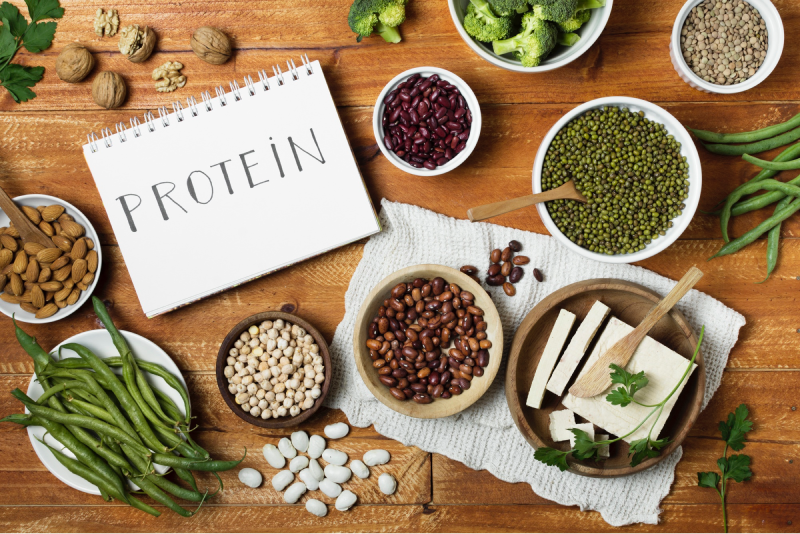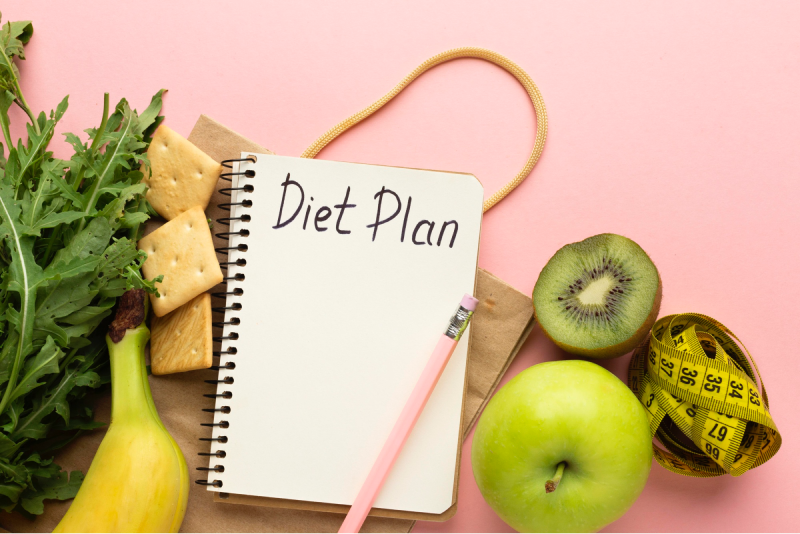Intermittent fasting has many potential benefits, and it is important to know where to start, this include having a goal and choose the best approach.
Sticking to an intermittent fasting program can be as easy and challenging at the same time. Here are some tips to help you make the most out of it:
- Stay hydrated. Go for non-caloric drinks, such as water, herbal teas, sugar-, milk- or even sweetener-free tea or coffee.
- Start with a realistic schedule. Plan an eating window which is shorter at the beginning to familiarise yourself and dive into the full schedule when you are ready.
- Sleep and relax. Choose lighter activities, such as, yoga, walking, leisure swim, meditation on fasting days.
- Make every calorie count. During the eating window, opt for nutrient-dense foods that are high in protein, fiber and healthy fats. For instance, lentils, nuts, vegetables, avocados, eggs, and fish.
- Listen to your body. It vital to pay attention to what our body is trying to say when we are fasting. Signs of dizziness, fatigue, headache, irritations, anxiety are usual at the beginning of IF. If they persist longer, it is highly advisable to discontinue the fasting and choose a different weight loss program.
- Go for healthy meal during non-fasting hours. Although there is no restriction on the food when you’re not fasting, it is healthier to eat a balanced diet or even a keto diet if you want to achieve your goal.
Essential to note that what we eat is as important as when we eat.
We should bear in mind that IF is not suited for everyone. It is important to consult a physician or dietitian before engaging yourself, in case of any doubt. There are a few groups of people who should avoid these type of schemes as it will put their health at risk.
Intermittent fasting is not recommended to the following people:
- pregnant or breastfeeding women,
- children and teenagers,
- elderly people,
- insulin-dependent diabetics or those with poor glycemic control,
- people with eating disorders (anorexia, bulimia …) or
- other conditions such as hyperthyroidism, cachexia (extreme weight loss), ulcer, epilepsy, cerebrovascular, hepatic or renal failure.
If you are taking prescription drugs, we recommend consulting a physician before starting. A dietitian may also give you helpful advice on how to prepare yourself to fast and can assist you with establishing a balanced diet to prevent deficiencies.




